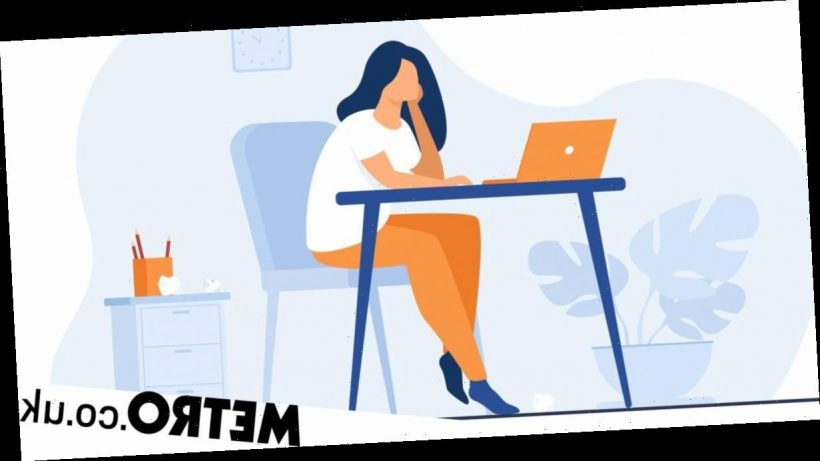Gender bias is still having a significant impact on recruitment due to the language used in job adverts, according to a new study.
The research, conducted by Openreach, found that women are 50% less likely to consider roles that have a coded gender bias in the advert.
But when presented with a gender-inclusive advert as part of the study, women’s interest in the role increased by more than 200%, with 60% stating this was because of the way it was written.
The study also revealed that a quarter of women (24%) still feel that certain careers are better suited to men than women, with 80% discounting engineering automatically.
Researchers at Openreach took a detailed look at the language used across its recruitment channels, working with linguistic specialists Linguistic Landscapes and gender bias expert Dr Chris Begeny from Exeter University.
The team created a new, consciously unbiased, job description for the company’s entry level engineering role – with the language of the new advert carefully crafted to appeal to men and women equally, whilst actively combating some of the challenges females face in the pre-application phase.
Despite four in five (80%) women admitting they wouldn’t consider working in engineering, more than half (56%) were interested in the engineering job role once it had been reimagined and the word ‘engineer’ had been removed.
This was supported by the latent stereotyping identified for similar industries, with a quarter (24%) of women still feeling that certain roles are better suited to men.
In order to help understand and explore the impact of the language shift, the new wording was tested against the original advert with 2000 women of working age in the UK. The findings show that a third of women (31%) felt the original advert was more suited to a man than a woman, compared with just 13% of women for the new advert.
While the shifts in the job specs were subtle, the results were overwhelming, showing how important language can be in bringing more women into engineering, but with implications wide ranging across many industries.
The study uncovered three key areas for improvement including
- Latent gendered phraseology.
- Active vs passive construction i.e either a more masculine or feminine skew in the language used.
- Key skillset descriptors.
The research also found that three quarters of respondents (75%) felt they needed to fit the skills profile of a job specification by 70% or more, and half (51%) by 80% or more, before applying for any job.
Dr Chris Begeny, research rellow in gender and organisational psychology at the University of Exeter says: ‘The findings are extremely exciting as they demonstrated such a clear discrepancy between the two adverts and suggest that the latent barriers to application remain, illustrating how gender-inclusive ads could be vital to bringing more women into a range of sectors similarly viewed.
‘All too often, the rhetoric around issues of under-representation and improving women’s experiences in male-dominated sectors emphasises the idea that women need to “lean in” and overcome their own “internal barriers” – overcoming that lack of confidence or lack of perceived fit for a position that might lead women to pass up on an opportunity to pursue a particular job.
‘Yet, these “fix yourself” strategies, often espoused as a method of empowerment, can perpetuate victim blaming.
‘They reinforce the belief that the “problem” exists squarely within the individual – a problem of “internal barriers” – and so it is the individual’s responsibility to “fix” themselves.
‘This of course misses the fact that women’s “internal barriers” often exist because of external barriers – exposure to subtly biased language, stereotypes, and discriminatory treatment that lead women and other marginalised group members to question their suitability for a job and thus their tendency to pursue that opportunity.’
Openreach HR Director Kevin Brady adds: ‘Whether it’s overt discrimination or a more subtle forms of bias, male-dominated industries like engineering have traditionally been challenging for women.
‘We were amazed to see just how much of a difference language makes and have started the process of assessing and changing all relevant language to help overcome the challenges of diversity recruitment.
‘We hope that this will be the catalyst for helping to break down barriers stopping women from considering a role in engineering.’
Do you have a story to share? We want to hear from you.
Get in touch: [email protected].
Source: Read Full Article

